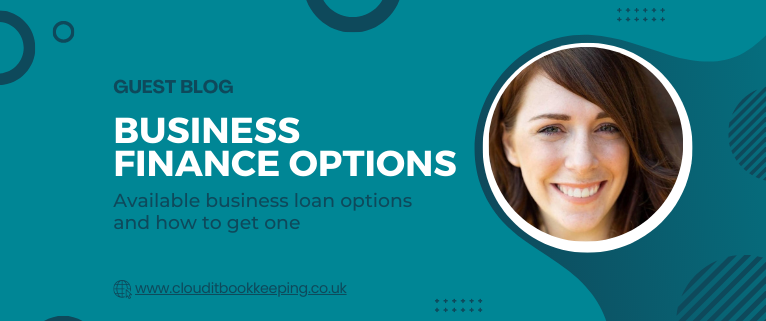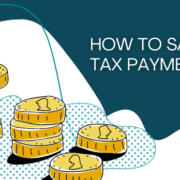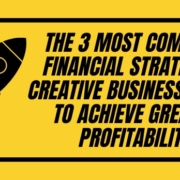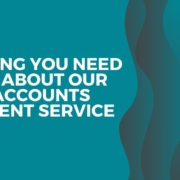Business Finance Options
Throughout the cycle of a business, there is often a need for some additional cashflow to support business growth. Ever assumed that only struggling businesses need extra finance? Securing cashflow finance for your business can actually mean the opposite.
Business Loans can be used to fund the growth and expansion of a business, the purchase of a new premises, additional stock, recruitment or simply to provide some extra funds in the bank to offer some peace of mind.
What different types of business loans are available?
The most common types of business finance are Business Loans, Invoice Finance, Asset Finance and Property Finance. There are also many other alternative finance options such as Revolving Credit Facilities, VAT Loans and Merchant Cash Advance.
Why would a business need finance?
There are lots of reasons a business may choose to source additional funding. Here are some examples of how the different products work, and the benefits to the business:
- Business Loans – often used for cashflow, expansion and growth. This loan would be a fixed amount over a fixed term, and many lenders don’t charge an early repayment fee if the loan amount is settled prior to the end of the term.
- Invoice Finance – a way to improve cashflow when you have 30/60/90 day invoice terms. For example, a construction firm who has to pay out for materials and labour before their client clears the invoice, which heavily impacts cashflow. With Invoice Finance, the construction firm could borrow up to 90% of the invoice amount in advance, automatically paying the balance back when their client pays their invoice.
- Property Finance – covers a variety of products including Commercial Mortgages, Bridging Loans and Development Loans. A property developer looking to fund their next project could utilise property finance to purchase the property or land and cover all projected costs.
- Asset Finance – a facility which allows businesses to purchase new assets, including vehicles, plant, machinery and hardware, without using cash from their bank. You can spread the cost of the asset over a fixed term with a fixed interest rate.
- Revolving Credit Facility – works in a similar way to an overdraft and allows you to withdraw, repay and withdraw again, whenever your business needs a cashflow injection. You only pay interest on what you use of the facility. A flexible solution which grows with your business.
- Merchant Cash Advance – an additional financing solution for businesses such as retail, leisure or hospitality who take payments via a card terminal. You can borrow against forecasted revenue and pay back using the transactions taken, either in person or online.
- VAT Loans – a type of borrowing specifically to spread the cost of an unexpected VAT bill. A VAT Loan can be arranged prior to the VAT being due, or can be put in place shortly after the VAT has been paid, helping to maintain cashflow within the business.
How does a business owner know if they are eligible to apply for a business loan and how much could they borrow?
A businesses eligibility is based on lots of factors including company trading history, the directors’ personal circumstances and company financials. A business would typically need a minimum of 3 months trading history, but the longer you’ve been trading and the more evidence you can provide of your affordability, the more attractive your business becomes to a lender which is then reflected in the rates, amount and term offered.
How can a company apply for a business loan?
The first place a business will usually go for a loan is their bank. The risk appetite of a bank is low, so applications can be rejected unless the business is extremely favourable. If your bank says no, you can then approach an alternative lender directly, or via a finance broker. A broker will use their experience to match you with the most suitable finance product, and as they generally work with a large panel of lenders, they have lots of options to choose from.
How does a business owner know what type of business loan is right for them?
There are so many different products in the market, so it’s hard to know where to start. Having a conversation with your bank or a finance broker is a great starting point so they can understand your requirements, and suggest some options that suit your needs and that you would be eligible for.
Where would a start-up business look for funding?
If you are a start-up or have been trading for less than 3 years, you may be eligible for a British Business Bank loan, which are backed by the government. You can apply online at www.startuploans.co.uk and they will assess your application along with your business plan, cashflow forecasts and directors experience in order to make a decision. You may also be able to raise funds via private investors or crowd funding, and your Local Enterprise Partnership should be able to offer advice on any grants and funding that you may be eligible for within your local business community.
When is the right time to start thinking about business finance?
Often business owners only start to think about business finance when they need it, by this time your eligibility may have suffered, or there may be limited options available to you. By forecasting your cashflow for the year ahead, you may be able to identify any opportunities that may require additional funding, for example an upcoming VAT bill, dips in revenue due to seasonal trading or planned expansion costs. By applying when your finances are healthy, you are ensuring you have as many options available to you as possible, on the best terms.
Grange Business Finance are an FCA approved commercial finance brokerage based in Suffolk, sourcing cashflow solutions for your business. For more information on their services, visit www.grangebusinessfinance.co.uk.

